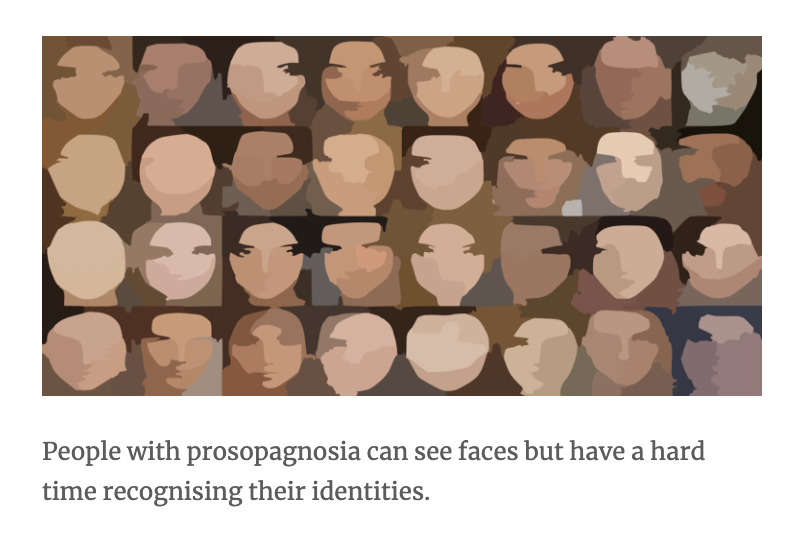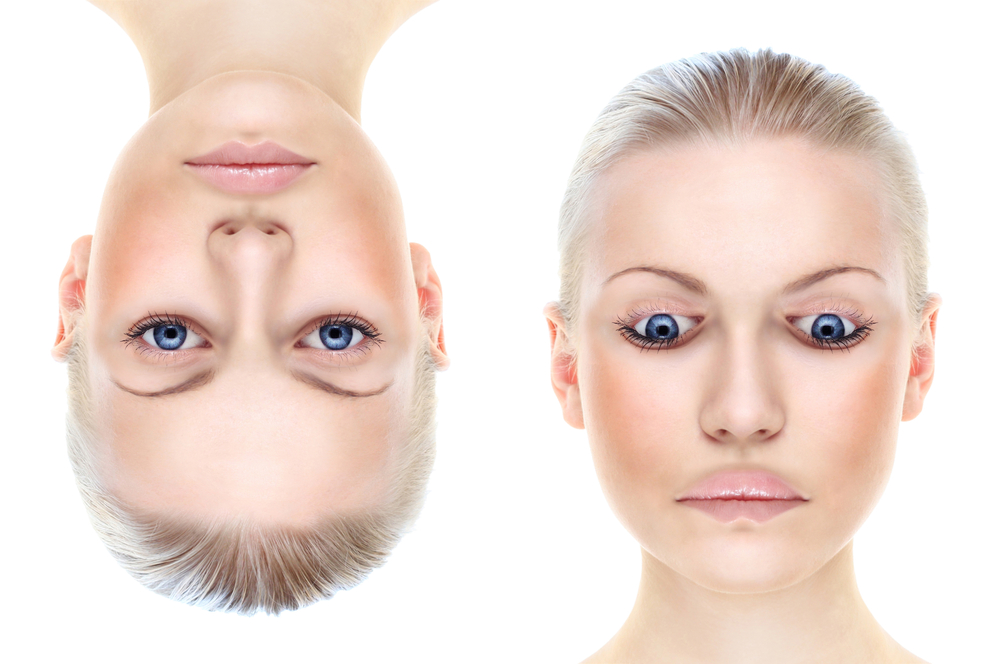Prosopagnosia also known as face blindness means you cannot recognize people s faces it often affects people from birth and is usually a problem a person has for most or all of their life

Prosopagnosia: Living with Face Blindness

Have you ever found yourself struggling to recognize someone’s face, even if they are a close acquaintance? Well, for individuals with prosopagnosia, commonly known as face blindness, this is an everyday reality. This fascinating condition hampers an individual’s ability to recognize and remember familiar faces, making social interactions quite challenging. While it is typically present from birth, prosopagnosia can affect people of all ages, and once acquired, it usually persists throughout a person’s life.
Understanding Prosopagnosia
Prosopagnosia is a neurological condition that impairs the brain’s ability to recognize faces, be it of friends, family members, or even one’s own reflection. Although individuals with prosopagnosia can see and perceive faces normally, they struggle to process and remember the distinct features that make each face unique. As a result, they rely on alternative strategies such as recognizing someone by their hairstyle, voice, clothing, or distinct mannerisms.
Causes and Types
The exact causes of prosopagnosia are not fully understood yet. It is believed to result from a mix of genetic and environmental factors, or it can be linked to brain injuries or certain neurological conditions. There are two main types of prosopagnosia: developmental prosopagnosia and acquired prosopagnosia.
Developmental Prosopagnosia: Also known as congenital prosopagnosia, this form is present from early childhood. Individuals with developmental prosopagnosia have difficulty recognizing faces, even those of their own family members or themselves in photographs.
Acquired Prosopagnosia: Acquired prosopagnosia can occur later in life due to brain damage caused by injury, stroke, or certain neurodegenerative conditions. Unlike developmental prosopagnosia, acquired prosopagnosia is more noticeable, as the individual’s face recognition abilities may deteriorate over time.
Challenges Faced by Individuals
Imagine the challenges one might face when recognizing people is an uphill battle. For those with prosopagnosia, everyday life can be perplexing and socially isolating. Recognizing familiar faces can be vital for understanding social cues, forming relationships, and even ensuring personal safety. It is not uncommon for individuals with prosopagnosia to avoid social situations, leading to feelings of anxiety and depression, as they fear the possibility of not recognizing people they should know.
Coping Strategies and Support

While there is currently no cure for prosopagnosia, individuals can learn various coping strategies to navigate their everyday lives more effectively. For instance, they often rely on non-facial cues, such as clothing, hairstyles, or distinctive physical characteristics, to identify people. Additionally, maintaining a structured routine and informing close friends and family about their condition can help alleviate some of the challenges faced.
Furthermore, support groups and online communities play a crucial role in providing comfort, guidance, and a platform for individuals with prosopagnosia to share their experiences. Sharing tips and advice on managing day-to-day tasks can greatly improve the quality of life for those living with face blindness.
While the path to acceptance and accommodation may be challenging, understanding and empathy from family, friends, and society can create a more inclusive environment for individuals struggling with prosopagnosia. By raising awareness about this condition, we can foster a greater understanding and pave the way for improved support systems.
Source: NHS UK - Face Blindness
Note: This article is for informational purposes only and should not be considered as medical advice. Please consult with a qualified healthcare professional for diagnosis and treatment options for prosopagnosia or any other medical condition.
Share
Related Posts
Quick Links
Legal Stuff

